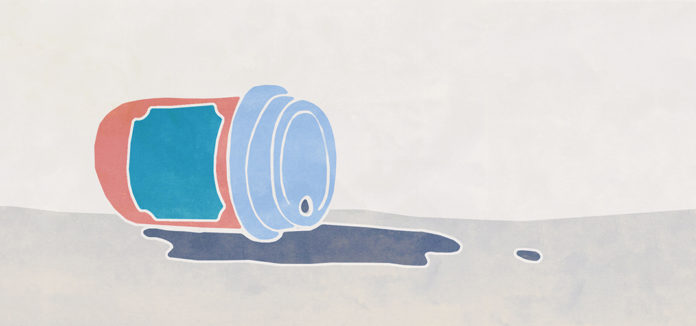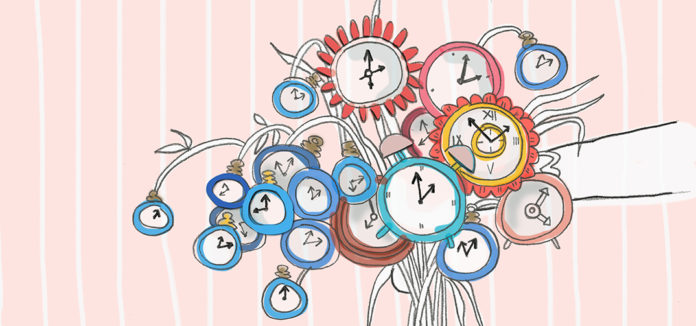For all those who live in fear of making a mistake, take heart. Kevan Lee explains:
“Those who never make mistakes are perceived as less likeable than those who commit the occasional faux pas. Messing up draws people closer to you, makes you more human. Perfection creates distance and an unattractive air of invincibility. Those of us with flaws win out every time.”
This theory labeled the pratfall effect was tested by psychologist Elliot Aronson. In his test, he asked participants to listen to recordings of people answering a quiz. Select recordings included the sound of the person knocking over a cup of coffee. When participants were asked to rate the quizzers on likability, the coffee-spill group came out on top.”
That said, there is nothing charming about someone you don’t hold in high regard spilling coffee on you. For this to operate, the person must already be perceived as competent.
The appreciation of imperfection applies to art as well. Ellen Langer, professor of Psychology at Harvard, explains:
“With writing and art, mistakes tend to make the product more interesting. The major difference between a machine-made rug and a handmade one is that the regularity of the machine-made rug makes it uninteresting. Errors give the viewer something to hold onto.
When you make a mistake in a painting, if—instead of trying to correct the mistake—you incorporate it into what you are doing and go forward, you are working mindfully. When we ask viewers to choose between this kind of art and ‘flawless’ works, people say they prefer the mindfully created pieces.”
Beauty is in the cracks, the smudge, and the imperfect line. In an age of machine-made products, human touch is more valuable than ever. As with people, minor flaws can make objects more appealing and more unique.
There is elegance in imperfection. Making minor mistakes isn’t the worst thing in the world; in fact, it can work in our favor.
I wish you all the best,
Dr. Samantha Boardman







